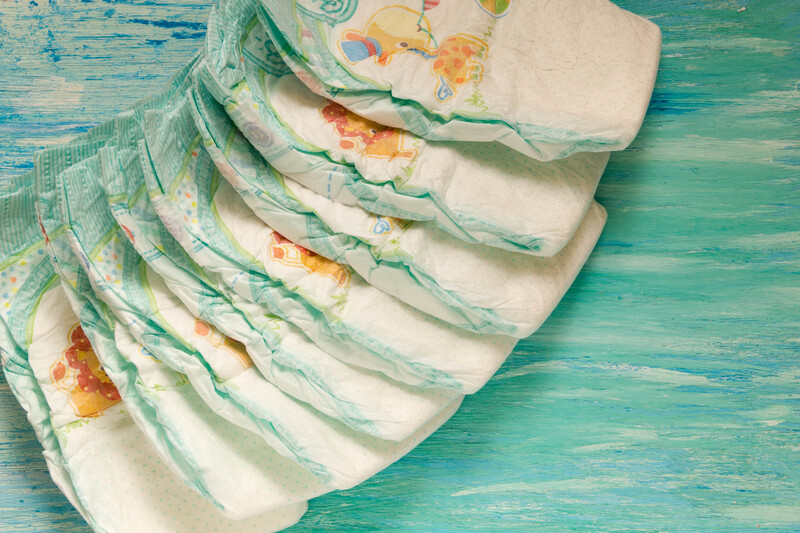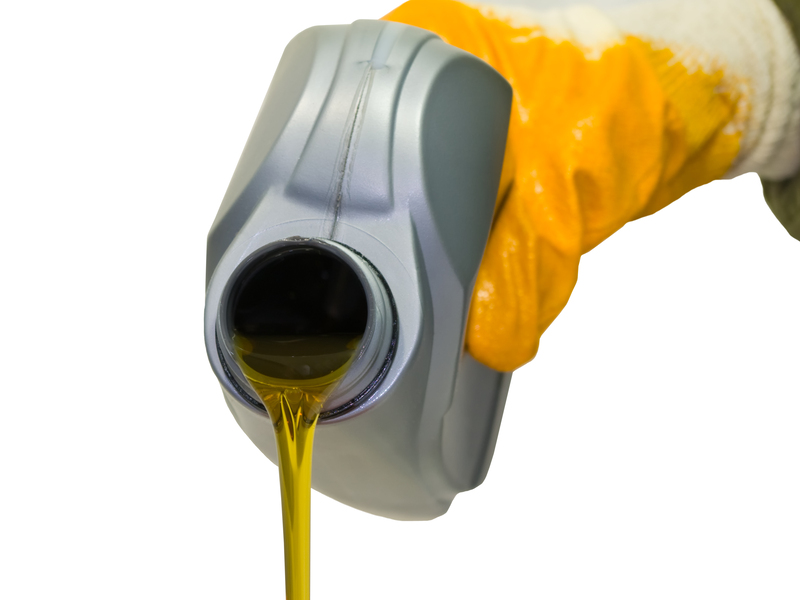Charity Donations and Recycling Options for Pots and Pans
Are you wondering what to do with old pots and pans cluttering up your kitchen cabinets? If you want to declutter your home responsibly and give your cookware a new lease on life, you have plenty of eco-friendly and socially beneficial options. This comprehensive guide explores charity donations and recycling options for pots and pans, helping you make informed decisions while reducing environmental impact.

Why Donate or Recycle Old Pots and Pans?
Every year, millions of pots, pans, and cookware items end up in landfills, contributing to environmental pollution. However, many of these items are still usable or recyclable. By choosing charity donation or cookware recycling, you can:
- Support communities in need by providing affordable kitchenware.
- Reduce waste and conserve natural resources.
- Lower your environmental footprint and promote sustainable living.
- Declutter your space and create a more organized kitchen.
Understanding the Lifecycle of Pots and Pans
Pots and pans are built to last, but they eventually lose their non-stick finish, warp, or accumulate scratches and stains that make them unfit for culinary tasks. Instead of throwing them in the trash, it's important to evaluate whether they can still serve a purpose. Charity donations and recycling options for cookware ensure items are repurposed, reused, or broken down responsibly.
How to Prepare Your Pots and Pans for Donation or Recycling
- Clean thoroughly: Make sure your cookware is free from leftover food, grease, and debris. Most places require items to be hygienically clean.
- Check for usability: For donation, ensure there are no severe damages, such as broken handles, significant rust, or irreparable warping.
- Separate materials: For recycling, disassemble pots and pans when possible. Remove non-metal parts like plastic handles to comply with recycling guidelines.
Charity Donations of Pots and Pans: Where and How
Donating gently used cookware helps underprivileged families, students, and non-profits by supplying them with affordable kitchen essentials. Below are some avenues to consider for donating pots and pans:
1. Local Thrift Stores and Charity Shops
Organizations like Goodwill, Salvation Army, and community-run thrift stores gratefully accept donations of usable pots and pans. Drop off clean items during business hours or use their donation bins if available. These shops resell goods at low cost, diverting items from landfill and supporting job-training programs.
2. Homeless Shelters and Domestic Violence Centers
Many shelters and transitional housing programs need kitchenware donations, especially when helping individuals and families set up new homes. Contact local shelters and ask if they accept pots, pans, and small appliances.
3. Church Organizations and Food Banks
Churches and food pantries sometimes collect household goods for those in crisis. Your well-maintained pots and pans could benefit a family in need or be used in communal meal programs.
4. Community Centers and Schools
Some community and recreation centers, as well as schools with cooking classes, accept gently used cookware. These items can be used in educational programs or shared with families they support.
5. Online Giving Platforms
Websites and apps like Freecycle, Nextdoor, or the "Free" section of Craigslist allow you to give away pots and pans locally. This keeps cookware in use and helps neighbors furnish their homes affordably.
Tips for Donating Pots and Pans Effectively
- Always confirm donation policies; not all charities accept every type of cookware, especially items with non-stick coatings that are chipped or flaking.
- Package items securely; avoid sharp edges or potential hazards for volunteers handling donations.
- Consider donating along with utensils or matching lids to increase usefulness.
Pots and Pans Recycling Options
When pots and pans are too worn or damaged for donation, recycling is the responsible option. Most cookware is made primarily from metal (aluminum, stainless steel, copper, or cast iron), which is highly recyclable. However, recycling methods depend on both the material and your local guidelines.
1. Municipal Recycling Programs
Check with your city or town's recycling center to see if they accept metal cookware. Some curbside programs accept metal pots and pans, while others require drop-off at specific facilities. Always remove non-metal parts before recycling.
2. Scrap Metal Yards
If your municipality does not accept pots and pans in recycling bins, local scrap metal yards are an excellent choice. They accept:
- Stainless steel pots and pans
- Cast iron cookware
- Aluminum pans
- Copper cookware
You may even receive a small payment for metal by weight. Be sure to remove any non-metal parts before delivering items.
3. Brand Take-Back and Recycling Programs
Some cookware brands and retailers offer take-back programs that allow you to drop off or mail old pots and pans for eco-friendly recycling. Examples include:
- GreenPan: Offers a recycling program for non-stick cookware.
- Crate and Barrel, Williams Sonoma: Occasionally run recycling drives or trade-in programs.
Check with the manufacturer or retailer to see if your cookware is eligible for these programs.
4. Specialized Recycling Companies
Companies that specialize in difficult-to-recycle items may accept pans with non-stick or mixed-material coatings and ensure they are processed responsibly.
Cookware Types and Their Recycling Considerations
- Non-stick (Teflon-coated) pans: Remove the handle and check if your recycling center accepts non-stick surfaces; otherwise, use specialized programs.
- Stainless steel: Highly recyclable and accepted at most scrap metal yards.
- Cast iron: Recyclable and in demand at scrap yards; consider offering to restoration enthusiasts.
- Aluminum: Valuable and easily recyclable.
- Copper: Recyclable, often with a higher value.
Creative Reuse: Upcycling Pots and Pans
If you're feeling crafty, there are many creative ways to repurpose old pots and pans into functional or decorative items before considering donation or recycling. Here are some creative, eco-friendly ideas:
- Turn old pots into planters for herbs or flowers, adding drainage holes as needed.
- Repurpose pans as serving trays or storage containers for kitchen gadgets or office supplies.
- Transform handles or lids into coat hooks, towel holders, or quirky art projects.
- Use cast iron pans as rustic decor in your kitchen or outdoor garden.
- DIY bird feeders using smaller saucepans or metal bowls.
Environmental Impact: Why Responsible Disposal Matters
Irresponsible disposal of cookware contributes significantly to landfill congestion and pollution. Metal items take hundreds of years to break down, and non-stick coatings can release toxins as they degrade. Charity donations and recycling options for pots and pans are crucial for:
- Limiting landfill waste and prolonging landfill life.
- Reducing demand for raw materials by recycling valuable metals.
- Preventing environmental contamination from hazardous coatings or adhesives.
- Supporting circular economy principles through reuse and material recovery.

Frequently Asked Questions on Pots and Pans Donation & Recycling
Can I donate pots and pans that are scratched or slightly stained?
Generally, yes--minor scratches or discolorations are often acceptable. However, severe rust, chips, or warped cookware may not be accepted by all charity organizations. Always contact the store or shelter before donating.
Are non-stick pots and pans recyclable?
Many non-stick pans are made of recyclable metal, but the Teflon coating complicates matters. Some recycling centers accept them if the coating is intact; otherwise, look for specialized recycling programs or manufacturer take-back schemes.
Can broken pots and pans be recycled?
Yes, as long as the primary material (metal) is intact and separated from non-metal components like plastic handles, most scrap yards will accept them.
Is it better to donate or recycle old cookware?
If cookware is still functional, donation benefits communities in need and extends the item's life. Severely damaged items should be recycled to recover valuable materials.
How do I find a recycling facility for cookware near me?
Start with your local municipality's recycling website. If they don't accept cookware, search for local scrap metal dealers or use online directories like Earth911.
Conclusion: Making the Right Choice for Your Old Pots and Pans
Whether you choose charity donation or eco-friendly recycling options for pots and pans, your actions help protect the planet while supporting communities. By donating, you extend the useful life of cookware and offer valuable resources to those in need. Recycling recovers precious metals, reduces energy use in manufacturing, and keeps hazardous waste out of landfills.
*Take a moment to clean and sort your old pots and pans, check local donation and recycling policies, and make the sustainable choice. Every step counts toward a cleaner, more caring world--and your kitchen will thank you for it!*
- Donate usable cookware to local charities or shelters.
- Recycle damaged pots and pans at scrap yards or via brand take-back programs.
- Repurpose creatively when possible to further reduce waste.
For more information and tips on charity donations and recycling options for pots and pans, explore resources at your local municipality, seek reputable charity organizations, or connect with eco-friendly community initiatives. By working together, we can keep kitchens eco-friendly, organized, and supportive of those who need it most.